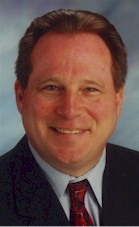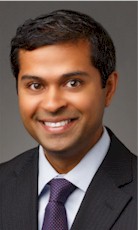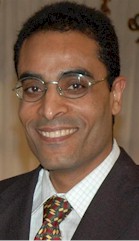
Transforming historic buildings for hotel use, particularly luxury hotels and boutiques, presents certain challenges and rewards. Buildings that meet the requirements for historic tax credits can be attractive to developers. In addition, retaining an existing building and repurposing it for renewed use is more sustainable than demolishing and rebuilding and the case for adaptive use becomes even more compelling. Creating the identity for a new hotel in an older building repurposed as a hotel brings challenges, especially when the desire is to establish a sense of authenticity. One approach is to develop a curated art collection tied to the location. READ MORE



















